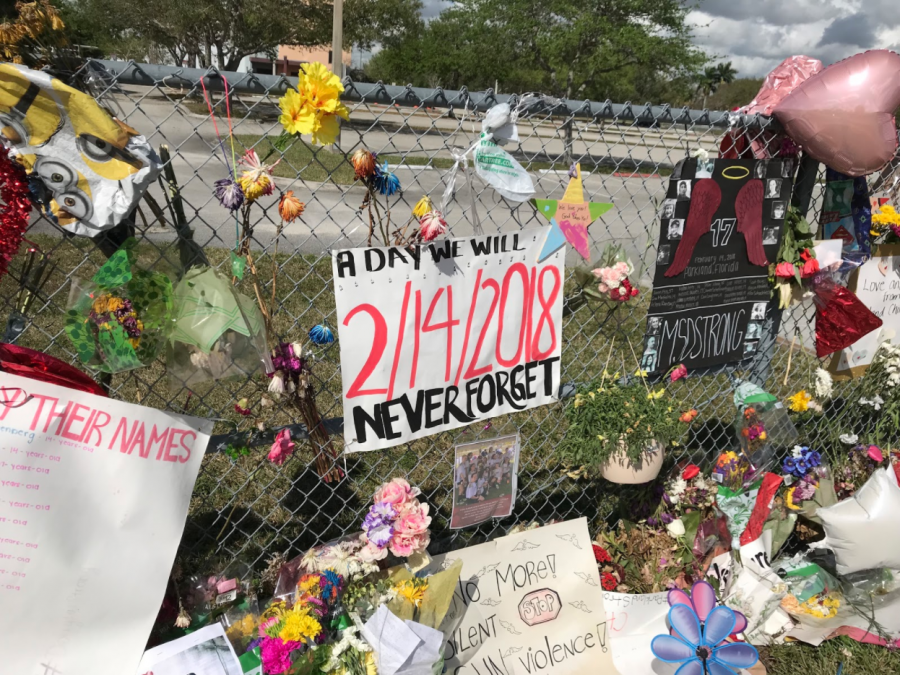By Ben Pearl ’18
On Wed. February, 14, an armed gunman entered the campus of Marjory Stoneman Douglas High School. After learning of the threat, Lori Alhadeff, mother of 14-year-old Alyssa, subconsciously felt that her daughter was hurt. She rushed to the school to find police tape and armed men guarding the entrance. After pleading with no success to let her inside, a policeman told her that Alyssa could potentially be found at five different hospitals. Lori sent her mother to one, mother-in-law to a second, husband to a third, a friend to a fourth and she went to the fifth. They could not find Alyssa. She returned to the Parkland Marriott Hotel which was being used as a headquarters for families and authorities. After waiting close to 10 hours, Lori was called out of the main waiting room to a private room across the hall. There she was told that the police were almost positive that Alyssa was dead. Not with 100 percent certainty, though. Lori then drove to the coroner’s office to get a confirmation of her daughter’s passing. A photograph was all she was given to confirm Alyssa’s fate.
One father was on the phone with his daughter who was locked in a closet in her classroom. They spoke for three hours when her phone ran out of battery. For the last thirty minutes, her dad had no idea whether she was safe or not.
During his last period Holocaust History class, one freshman student was thinking about which flowers he was going to buy his girlfriend after school for Valentine’s Day. With a few minutes until the final bell rang, gunfire erupted in his first-floor classroom. The only area of safety was underneath the teacher’s desk, large enough for three, maybe four students. He could taste the gunpowder in his mouth. Blood and glass from the shattered windows stained the floor. He could only watch in shock as he and his classmates were shot at, some of whom will never get a chance to go back to school.
On the other side of campus, students evacuated their last period classes after a fire alarm. It was their second fire drill of the day, so they knew something was strange. One girl was on the phone with her mom when she started to see people running. She said to her mom that she thought it was a bomb drill. Her mom responded in panic that it was not a drill and that she should run as fast and far as she could.
Another girl could make out muffled gunshots from the other end of the school. She, along with her classmates and teachers, ran away. After running some distance away, her teacher decided to go back and help students who hadn’t yet evacuated.
Five days later, Lori Alhadeff was called by middle school administrators saying that her younger kids schools were safe. She refuses to believe this.
When this freshman returns to school, he will think back to the nightmare he lived.
Even for the seniors on the other end of campus, they will have constant worries about whether they are a target.
CNN has moved on. Fox has moved on. NBC has moved on. The people of Parkland, Florida have not. The students of Marjory Stoneman Douglas have not. And, after hearing these families of victims and surviving students speak in person, I, too, have not moved on.
Some of the parents who spoke at the meeting began their comments or questions with, “I don’t want to make it political, but…” After hearing this multiple times, a mother of one of the surviving students yelled out, “It already is political.” She is right. And just like everything else that is political there is no easy solution. However, that doesn’t mean there can’t be a quick solution.
Legislation does not get written and passed overnight, but some of these parents had ideas for implementations that could take effect tomorrow. This included getting every teacher a walkie-talkie so that can have a form of contact at all times. Another idea was to organize mom’s to walk the school hallways or run around outside the building instead of going to the gym each day. They could then report on anything suspicious that they noticed.
Since the Parkland massacre occurred, progress has been made. A dialogue has been opened between politicians and constituents. New policies have taken form across the country. But we cannot settle for progress. It had been America’s complacency in the past that has left us in the position we are in today. This progress must evolve into actual change. Change is what will bring safety to our schools. Change is what will let our students and teachers learn. Change is what will finally let the families of Parkland rest.
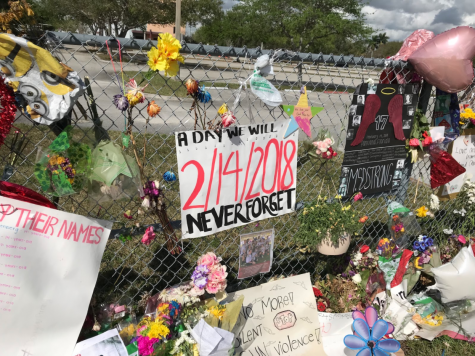
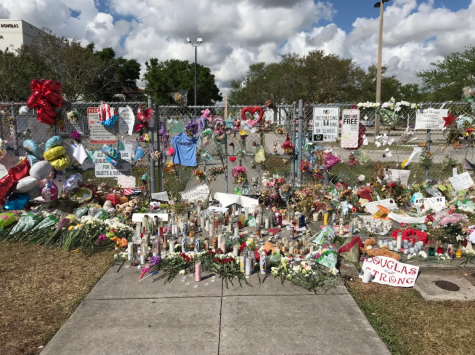
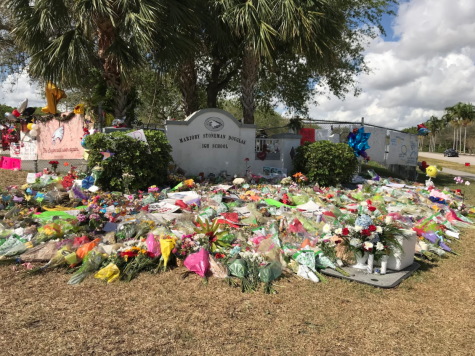
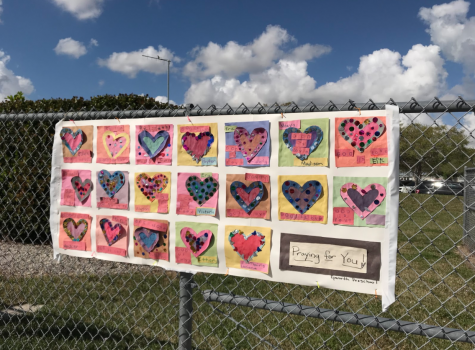
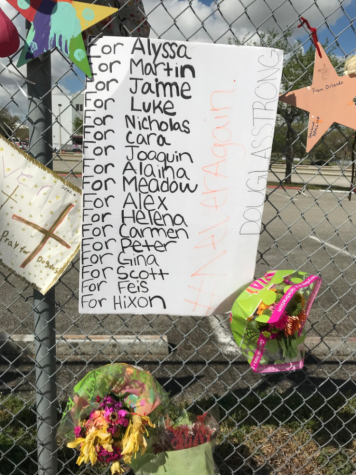
Photos by Ben Pearl ’18













































